Indonesia hosts a wide range of religious beliefs that have been molded by centuries of history, trade, and cultural exchange.
While Islam is the predominant religion, Christianity, Hinduism, Buddhism, and Confucianism also play significant roles in Indonesian society. Religion impacts everyday life, societal norms, and national holidays.
This guide delves into each major religion in Indonesia, examining its beliefs, areas of practice, cultural taboos, and associated festivals.
To ensure you’re well connected as you explore Indonesia’s many cultural and religious destinations, be sure to get an iRoamly Indonesia travel eSIM for hassle-free communication on the road.
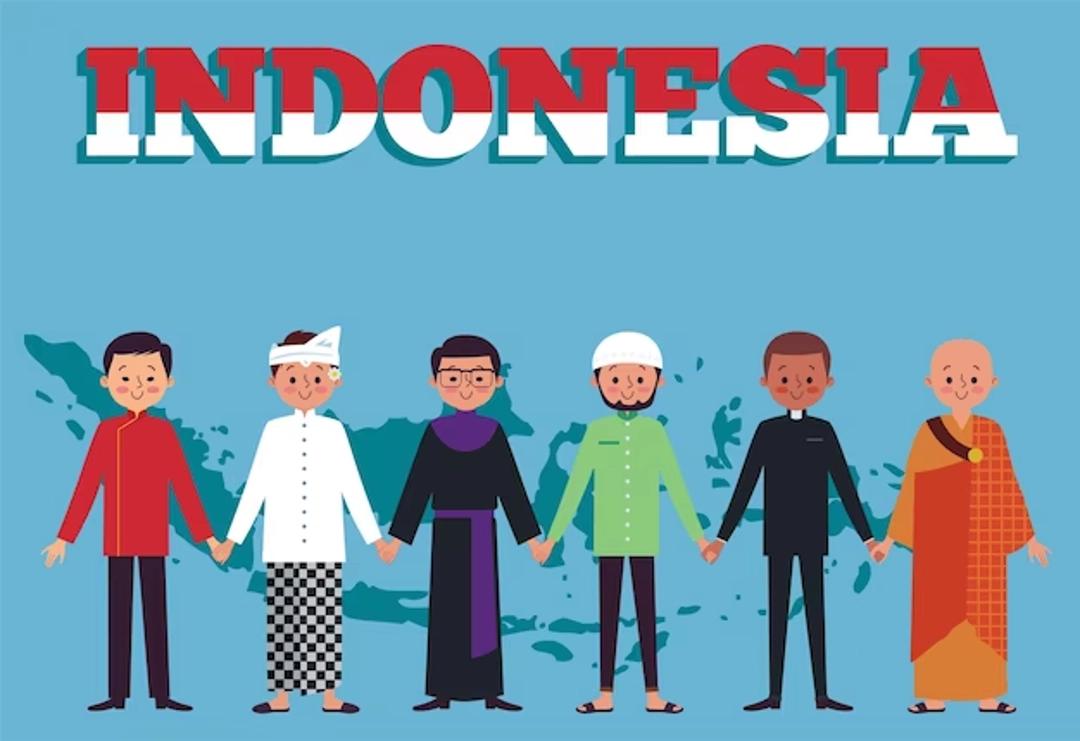
1. Islam
Introduction
Islam is the largest religion in Indonesia, practiced by about 87% of the population.
The Muslim population in Indonesia grew significantly after Islam was introduced between the 13th and 16th centuries through trade routes from the Middle East, India, and China.
Most Indonesian Muslims are Sunni, with smaller Shia and Ahmadiyya communities.
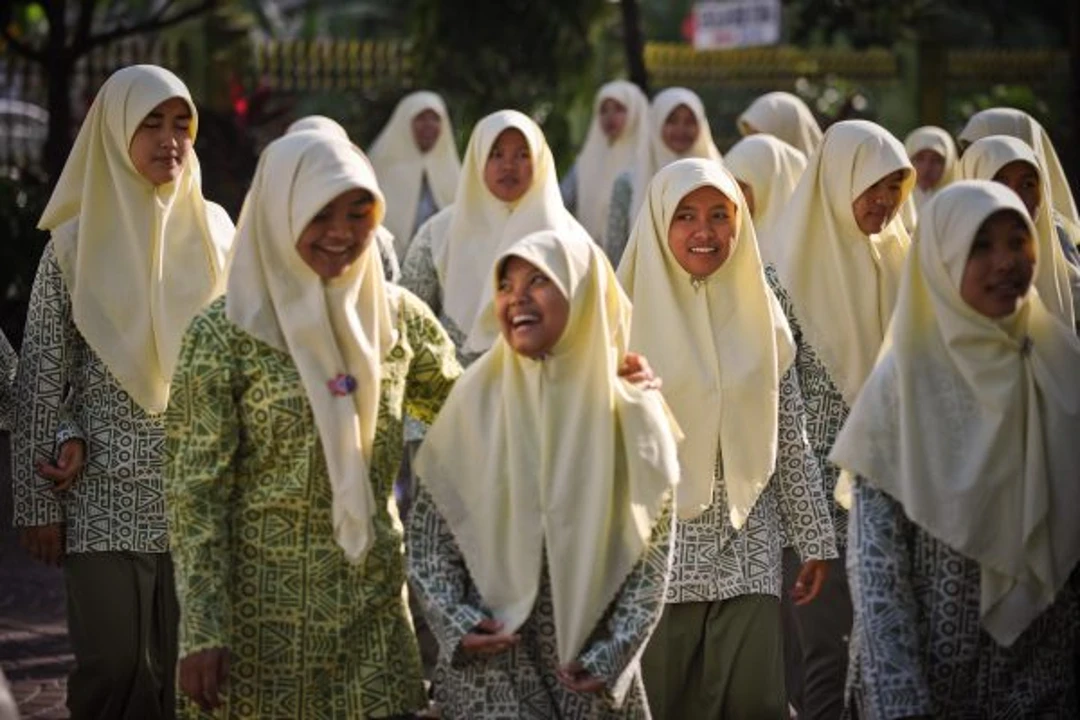
Faith Area
Islamic teachings influence many aspects of life, from daily prayers to dietary laws (halal food). The religion promotes modesty in dress and conduct. Some regions, like Aceh, enforce Islamic law (Sharia) more strictly than others.
Cultural Taboos
Muslims are prohibited from eating pork and consuming alcohol.
Public displays of affection, particularly between unmarried couples, are discouraged.
Non-Muslims are advised to dress modestly in Muslim-majority areas, especially when visiting mosques.
Related Festivals
Ramadan – A month of fasting, reflection, and prayer observed by all practicing Muslims.
Eid al-Fitr – Celebrates the end of Ramadan with prayers, feasts, and family gatherings.
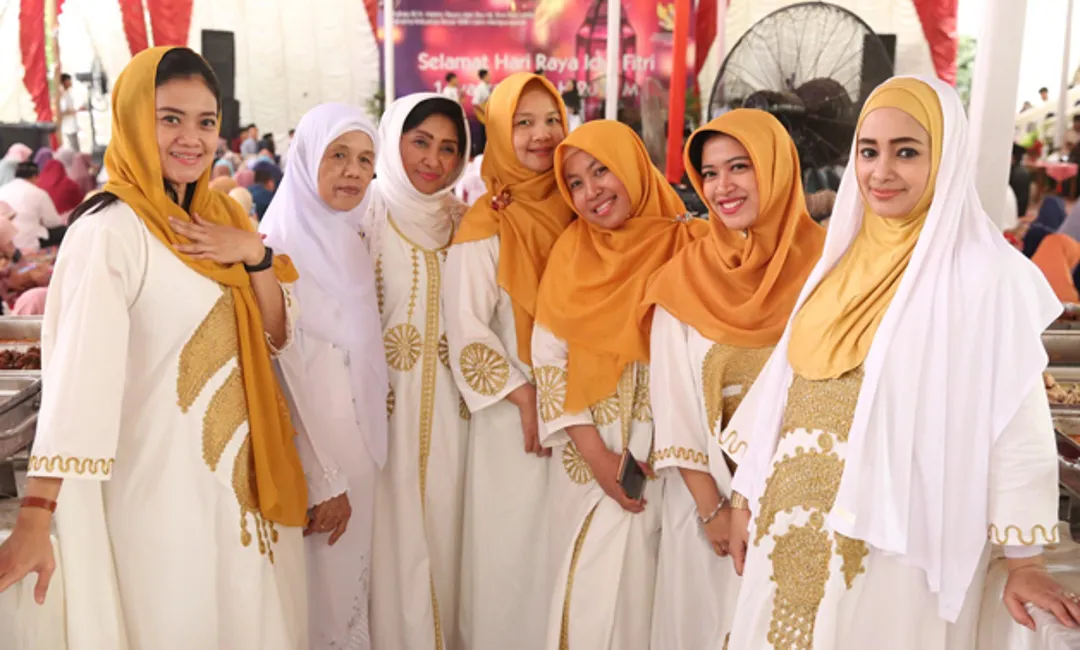
Eid al-Adha – The Festival of Sacrifice, during which animals are slaughtered and the meat is shared with those in need.
2. Christianity (Protestantism & Catholicism)
Introduction
Christianity was introduced to Indonesia through European colonization. The Portuguese brought Catholicism in the 16th century, while the Dutch promoted Protestantism in the 17th century. Today, Christians make up around 10% of the population.
Christian Regions
Christian communities are mainly found in North Sulawesi, Papua, Maluku, and East Nusa Tenggara. Churches play an essential role in social life by providing community services and educational support.
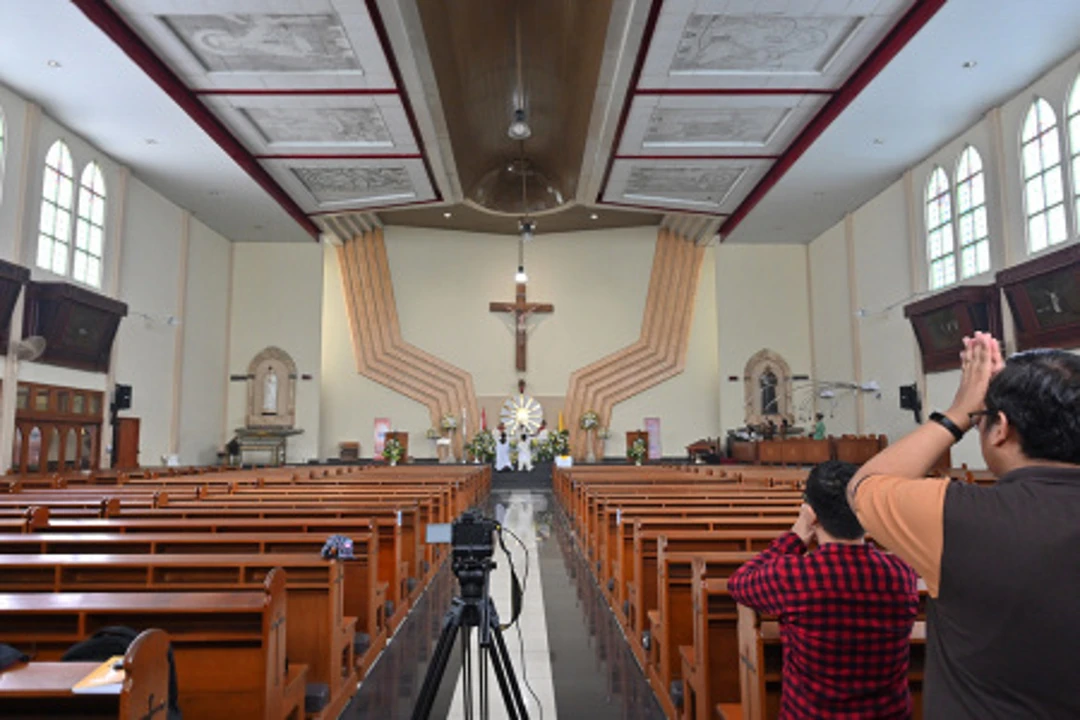
Cultural Taboos
It is highly offensive to blaspheme or disrespect religious symbols.
Some Christian communities discourage working on Sundays, as the day is dedicated to worship.
In traditional Christian-majority areas, visitors should dress modestly during church services.
Related Festivals
Christmas (December 25) – A major celebration featuring church services, festive meals, and family gatherings.
Good Friday & Easter – Marking the crucifixion and resurrection of Jesus Christ, often commemorated with processions and special prayers.
3. Hinduism
Introduction
Hinduism was once the dominant religion in Indonesia, tracing back to the early kingdoms of Java and Sumatra. Today, it is primarily practiced in Bali, where it continues to be a vibrant and integral part of everyday life.
Belief System
Balinese Hinduism integrates Hindu teachings with local customs and animism. Worship focuses on temples, ancestral spirits, and deities like Vishnu, Shiva, and Brahma. Ritual offerings (canang sari) are placed in homes, streets, and temples as daily acts of devotion.
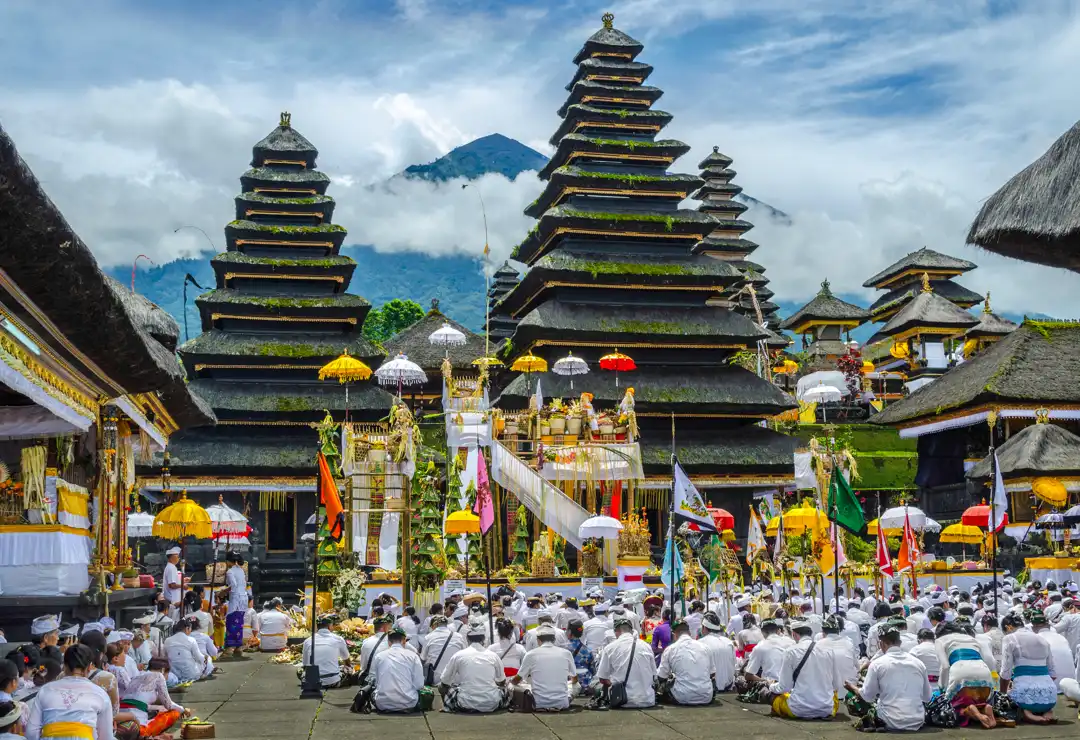
Cultural Taboos
It is considered disrespectful to step on temple offerings placed on the ground.
Touching or pointing at someone’s head is impolite because the head is seen as sacred.
When entering temples, visitors are required to wear a sarong and a sash.
Festivals
Nyepi (Balinese New Year) – a day dedicated to silence, fasting, and meditation; no travel, work, or entertainment takes place.
Galungan & Kuningan – these festivals celebrate the triumph of good over evil, featuring temple ceremonies and family offerings.
4. Buddhism
Introduction
Buddhism has been an integral part of Indonesian history since the 5th century, especially during the Srivijaya and Majapahit empires. Nowadays, it is mainly observed by the Indonesian Chinese communities.
Faith Area
Buddhist temples like Borobudur serve as crucial spots for worship and meditation. Buddhist teachings focus on mindfulness, compassion, and karma.
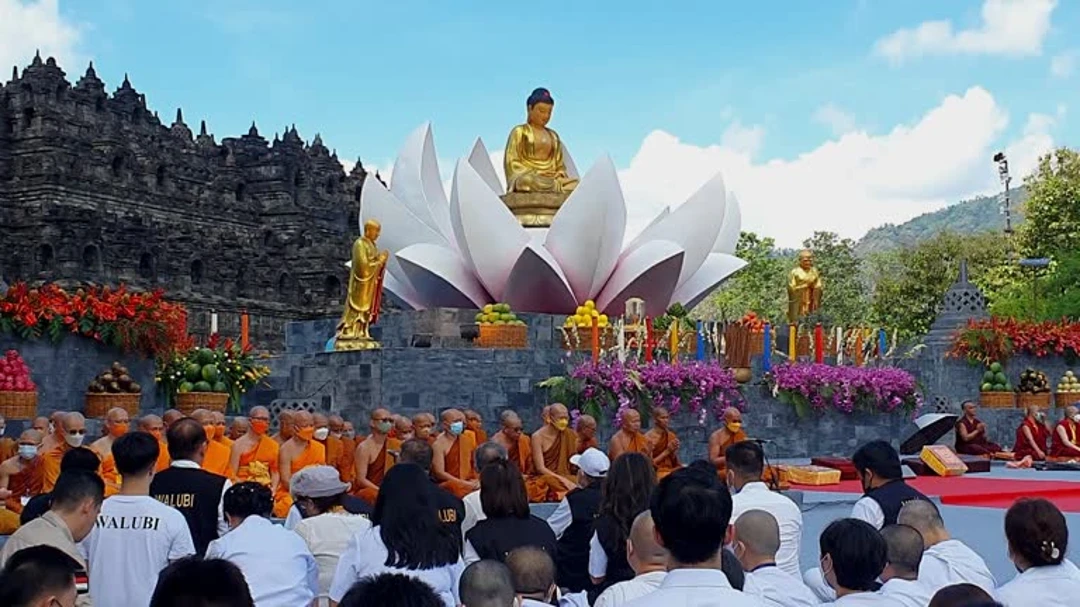
Cultural Taboos
Pointing your feet at Buddha statues or monks is seen as disrespectful.
Loud talking or disruptive behavior in temple areas is frowned upon.
While some Buddhist sects discourage eating meat, this varies.
Associated Festivals
Waisak (Vesak Day) – Celebrates the birth, enlightenment, and passing of Buddha, with ceremonies at Borobudur Temple.
5. Confucianism
Introduction
Confucianism is practiced by some Chinese-Indonesians and was officially recognized as a religion in 2000. It emphasizes moral principles, respect for elders, and societal harmony.
Belief System
Confucianism is more of a philosophy than a structured religion. It influences family values, business ethics, and ancestor worship among Chinese-Indonesians.
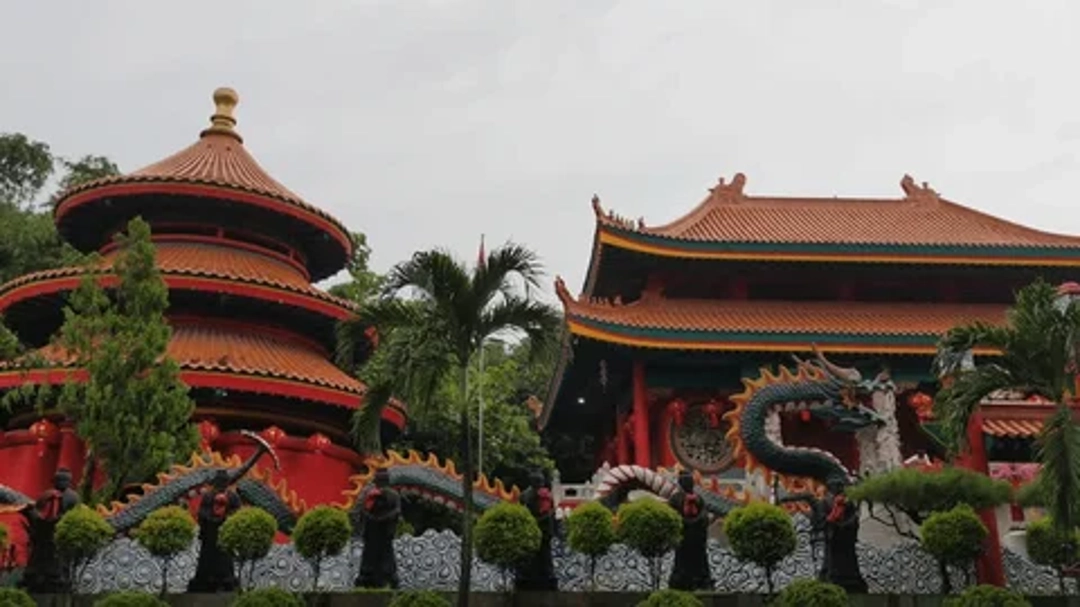
Cultural Taboos
Disrespecting elders or ancestors is considered inappropriate.
Giving sharp objects (such as knives) as gifts is thought to bring bad luck.
Discussing death at festive occasions is avoided.
Related Festivals
Chinese New Year (Imlek) – Characterized by family gatherings, prayers, and lion dances.
Qingming Festival (Tomb-Sweeping Day) – A day to honor ancestors by cleaning graves and making food offerings.
Conclusion
Indonesia's religious diversity highlights its rich cultural heritage. From Islam to indigenous beliefs, each religion adds to the nation's distinctive traditions and societal values.
To gain a deeper understanding, it's essential to explore Indonesia's cultural heritage and honor local customs and religious practices. It will help people better experience the deep spiritual history of the country.
